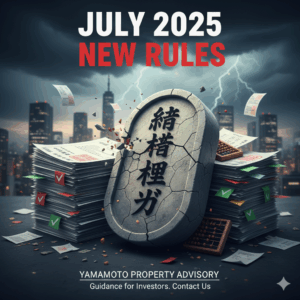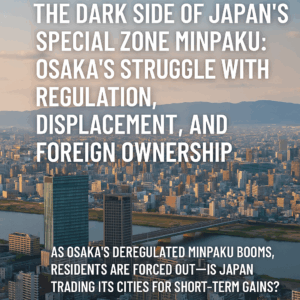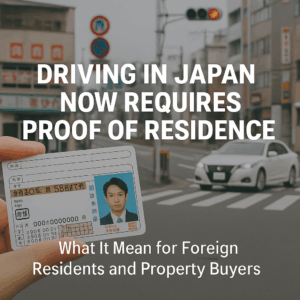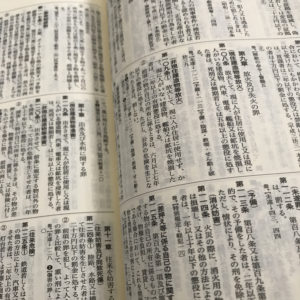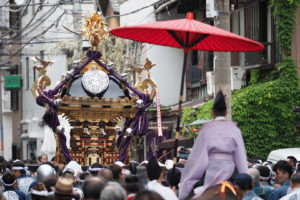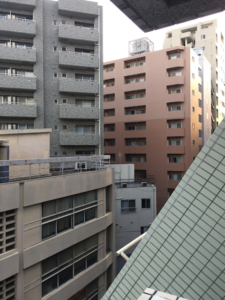
The city planning law, which was created by the ministry of land, infrastructure, transport and tourism, exist to regulate urban development.
The law divides all Japan into mainly two parts; city planning area which is regulated by the city planning law and the non-city planning area which is not regulated by this law.
The law defines 12 zoning districts within urbanization promotion areas.
Of these zoning districts, three have a primary effect on real estate projects residential district, commercial districts and industrial district.
Specific regulations for each district such as allowable use, building coverage ratio and floor area ratio are defined by the building standards law.
When you buy a property in Japan, it is very important to know which district your property exists.
Because each district is highly regulated by the specifics of city planning law(and building standards law)
and such regulations always affect the neighbourhood.
The law regulates the hight, allowable use, building coverage ratio, floor area ratio, type of the business and the size of the business and so on.
For example, you can not open a restaurant in category 1 low-rise exclusive residential districts.
Read more

